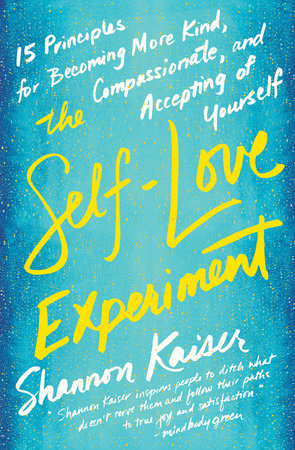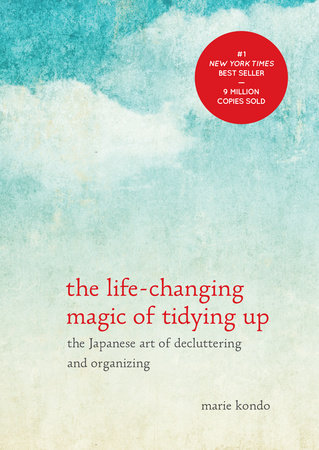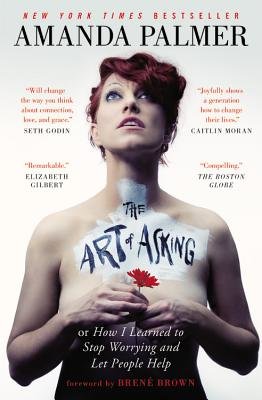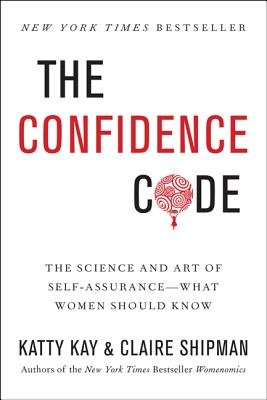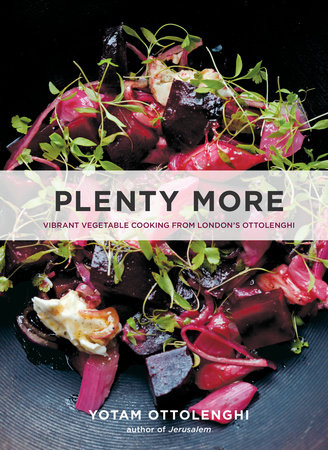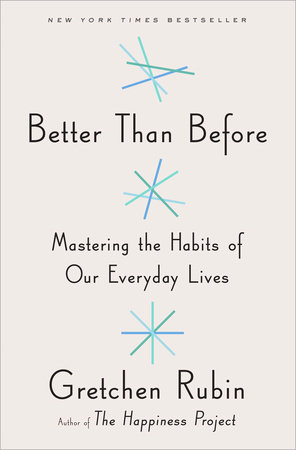6 Books That Just Might
Change Your Life
by Laura Lambert
Resolutions are made to be broken — that’s the truth, Ruth. For me, real change happens in fits and starts, almost behind-the-scenes, as new ideas slowly percolate their way into my everyday life.
This list of nonfiction books addresses what, to me, needs changing most — to clear the clutter, be more vulnerable, find my confidence, eat better, and transform some bad habits. And I know I’m not alone.
-
The Self-Love Experiment
Available from:There was a time when Shannon Kaiser loathed her life. Determined to change her attitude, she set out on a journey to accept and love herself — The Self-Love Experiment is a record of what she learned from experience. Kaiser’s stories lay her vulnerability out on the page and offer guidance for those learning to love themselves. She offers suggestions that are simple, thoughtful, and accessible, including the positivity-building #MeMattersMantra scattered throughout (“As I am, instead of how I think I need to be. I AM ENOUGH.”). As Kaiser points out, achieving self-love can take time and practice so don’t be surprised if you find yourself referring back to her words often.
Also available from: -
The Life-Changing Magic of Tidying Up
Available from:Are you ready for “KonMari”? It’s a Japanese organizational theory that goes something like this: If something you own doesn’t give you joy, it doesn’t belong in your house. As I battle four overstuffed closets and a two-car garage I can hardly walk in anymore, I’ve turned to Marie Kondo’s bestseller — and she delivers.
How? By turning most organizational truisms on their head. She focuses less on what to get rid of (she found that technique depressing) and more on keeping only the things that give you joy. Some simple take-homes? Say buh-bye to The Container Store — those endless boxes encourage hoarding. And don’t stack — it’s “unkind” to the things at the bottom. Kondo wisely says we can deal with our stuff in three ways: “face them now, face them sometime, or avoid them until the day we die.” I, for one, am choosing now.
Also available from: -
The Art of Asking
People who know of Amanda Palmer aren’t typically ambivalent — either you love her, or you really, really don’t. To me, she was just some Kickstarter phenom — and then her TED Talk blew me away. After years of carefully crafting a life where I could be self-sufficient, where I proudly didn’t have to ask anyone for anything, I was taken aback by the notion that asking was a positive. My first thought was, “I could never do that.” But then I thought again.
This part-memoir, part self-help book centers on the notion that asking makes you vulnerable — and that’s what’s needed in this world. Palmer writes, “[I]t isn’t so much the art of asking that stops us, but what lies beneath the fear of being vulnerable, the fear of rejection, the fear of looking needy or weak. This points fundamentally to our separation from one another.”
-
The Confidence Code
When I first took the Confidence Code Quiz, I knew I wouldn’t top the charts, but I was viscerally surprised at my score: “Low Confidence.” The quiz results suggested a few action items — “Get focused,” “Be grateful,” “Face failure” — and deftly inspired me to read the book. Who isn’t longing to be confident and free of doubt?
(A lot of men, apparently.)
I knew and respected journalists Katty Kay (“BBC World News America”) and Claire Shipman (“Good Morning America”) from their first book, Womenomics. They are women at the top of their game, and they’ve struggled with confidence. So have scores of other women-who’ve-made-it — and I’m never sure if I find that that reassuring or terribly depressing.
My biggest takeaway from The Confidence Code is that a clear enemy of confidence is perfectionism. “We watch our male colleagues take risks, while we hold back until we’re sure we are perfectly ready and perfectly qualified,” they write. “We fixate on our performance at home, at school, at work, at yoga class, even on vacation. We obsess as mothers, as wives, as sisters, as friends, as cooks, as athletes.”
Yes, we do. And the antidote? Action. My mantra for the year: Just do it.
-
Plenty More
Available from:Yes, I know this is a cookbook. But listen when I tell you that Yotam Ottolenghi’s books are seriously life changing.
For longer than I care to admit, I’ve felt that a meal isn’t a meal without a hunk of meat at the center of it. Recently, though, I hear Michael Pollan in my ear: “Eat food, not too much, mostly plants.” And so, while Plenty More — and Plenty before it — are no self-help books, they have had a dramatic effect on my day-to-day life. I’m becoming veggie-centric. Bring on the CSA box!
Also available from: -
Better Than Before
Available from:In happiness expert Gretchen Rubin’s latest book, she examines all the underlying habits that work for and against our health and happiness. We’re looking at the basics here: eating, sleeping, procrastinating. I’ve been following the growth of the book on Rubin’s blog and can confidently say this one will be as practically transformative as her other books. “Habits are the invisible architecture of everyday life,” she writes. And with this book in hand, I imagine I’ll be like some home inspector, looking for cracks in the foundation and things that aren’t quite up to code.
Also available from:

